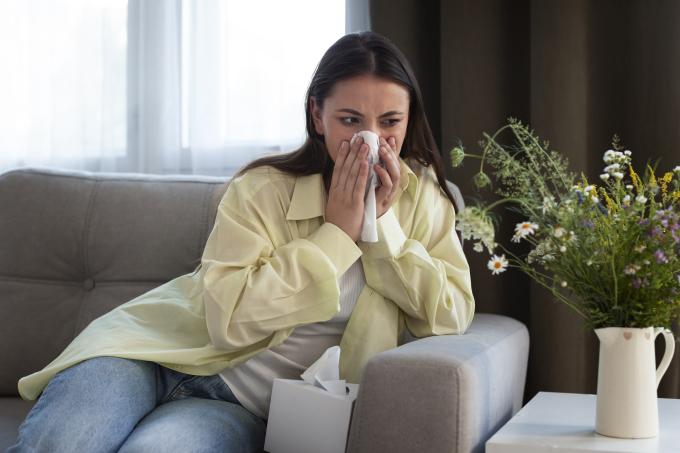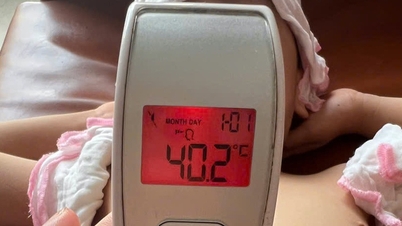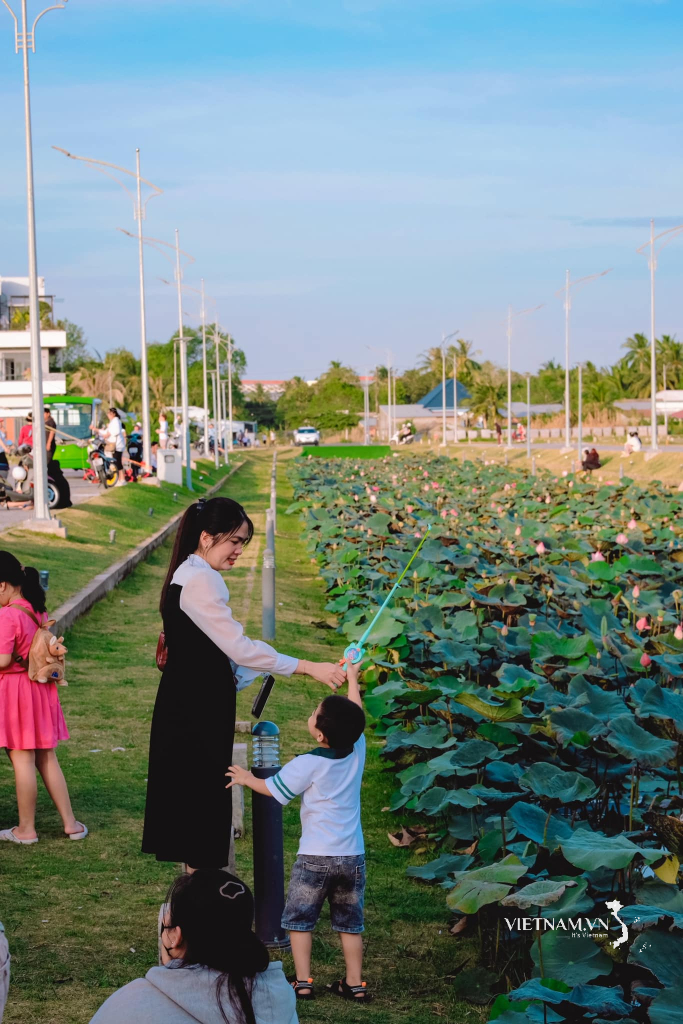You may experience a runny nose after eating certain foods, such as spicy dishes, or if you have an allergy to pollen or dust; the condition may resolve once you are no longer exposed to these triggers.
A runny nose is a common symptom of colds, flu, and allergies. Some people may also experience a runny nose after eating. Here are some common causes.
Allergic rhinitis
Allergic rhinitis is a condition where the nose is irritated and inflamed by environmental factors such as pollen, animal dander, caterpillar hairs, butterflies, smoke, dust, and house dust mites. Some people may also experience this allergic reaction to food. The condition is classified into seasonal allergic rhinitis and perennial allergic rhinitis.
Common symptoms include runny nose, nasal congestion, itchy nose; red eyes, watery eyes; frequent sneezing; and possibly shortness of breath and fatigue.
Non-allergic rhinitis
This is an inflammatory condition that occurs in the inner parts of the nose. It's not caused by allergies, but rather by dilated blood vessels in the nose, leading to blood and mucus buildup in the nasal mucosa.
Other possible causes of abnormal dilation of blood vessels or inflammation of the nasal mucosa include an overreaction of the nerves in the nose.
Gestational rhinitis
Gastrointestinal rhinitis is a type of non-allergic rhinitis caused by food. Foods that trigger gastrointestinal rhinitis include pepper, curry, chili powder, spicy sauces, chilies, onions, wasabi, etc. When these foods are consumed, the trigeminal nerve (also known as cranial nerve V) is stimulated, causing runny nose or congestion, and phlegm in the throat.

Eating spicy food can cause a runny nose. (Image: Freepik)
Vasomotor rhinitis
Besides food allergies, vasomotor rhinitis can also occur from inhaling perfumes, cigarette smoke, drinking alcohol, exercising, poor air quality, stress, weather changes, certain chronic diseases, hormonal changes, or a history of nasal congestion, sinus pressure, and coughing. Swelling and irritation in the nose cause symptoms such as nasal congestion, sneezing, headache, and coughing.
Food allergies
Rashes are one of the serious symptoms of food allergies. Although food allergies usually don't cause a runny nose, nasal congestion can occur within two hours of eating shellfish, peanuts, eggs, butter, milk, wheat, soy, etc.
Patients can prevent allergic rhinitis symptoms by avoiding allergens or undergoing skin and blood tests.
For treatment, patients may use nasal decongestants, antihistamines, or nasal sprays. Pregnant women, breastfeeding mothers, those with high blood pressure, a history of heart disease, or hyperthyroidism (increased thyroid hormone production) should consult a doctor before use.
If a food allergy manifests with symptoms such as abdominal pain, diarrhea, or a severe reaction to a particular food, the patient should seek medical attention. The risk of anaphylactic shock due to allergies is higher in teenagers, those with a history of anaphylactic reactions to allergens, asthma, or peanut allergies.
Huyen My (According to Verywell Health, Medical News Today )
| Readers can ask questions about ear, nose, and throat diseases here for doctors to answer. |
Source link

















































































































Comment (0)